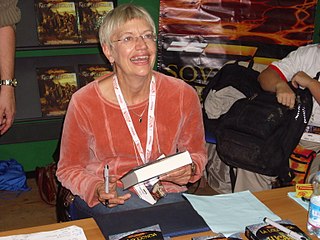A Quote by Ursula K. Le Guin
All knowledge is local, all truth is partial. No truth can make another truth untrue. All knowledge is part of the whole knowledge. Once you have seen the larger pattern, you cannot go back to seeing the part as the whole.
Related Quotes
All those formal systems, in mathematics and physics and the philosophy of science, which claim to give foundations for certain truth are surely mistaken. I am tempted to say that we do not look for truth, but for knowledge. But I dislike this form of words, for two reasons. First of all, we do look for truth, however we define it, it is what we find that is knowledge. And second, what we fail to find is not truth, but certainty; the nature of truth is exactly the knowledge that we do find.




































